Financial Data One-Way Street
Become a member: Subscribe
- Money & Markets
- Weekly Solari Reports
- Cognitive Liberty
- Young Builders
- Ask Catherine
- News Trends & Stories
- Equity Overview
- War For Bankocracy
- Digital Money, Digital Control
- State Leader Briefings
- Food
- Food for the Soul
- Future Science
- Health
- Metanoia
- Solutions
- Spiritual Science
- Wellness
- Building Weatlh
- Via Europa
Solari’s Building Wealth materials are organized to inspire and support your personal strategic and financial planning.

Missing Money
Articles and video discussions of the $21 Trillion dollars missing from the U.S. government
No posts
- LATEST
- TOP SECTIONS
- SERIES
- Money & Markets
- Weekly Solari Reports
- Ask Catherine
- News Trends & Stories
- Equity Overview
- Cognitive Liberty
- Young Builders
- Building Wealth
- The War for Bankocracy
- Digital Money, Digital Control
- State Leader Briefings
- Food
- Food for the Soul
- Future Science
- Health
- Metanoia
- Solutions
- Spiritual Science
- Wellness
- Via Europa
- BLOGS
- RESOURCES
- COMMUNITY
- My Account
- Log In
- Subscribe
- Search
- Shop
- Support
- Donate
- Log Out
Financial Data One-Way Street
As the US government disclosure continues to diminish and the government continues to refuse to find money missing from its coffers or explain why it has refused to produce audited financial statement for the last fourteen years, it creates more and more rules for everyone else to disclose the financial information of American citizens to it.
Excerpt: “Obama also planned to ask Congress to crack down on tax havens and implement a major shift in the way courts view guilt. Under Obama’s proposal, Americans would have to prove they were not breaking U.S. tax laws by sending money to banks that don’t cooperate with tax officials. It essentially would reverse the long-held assumption of innocence in U.S. courts.”
If financial institutions cooperate with Washington and disclose details when asked, Americans could invest anywhere they like.
Read the full article . . .
3 Comments
Comments are closed.
Our mission is to help you live a free and inspired life. This includes building wealth in ways that build real wealth in the wider economy. We believe that personal and family wealth is a critical ingredient of both individual freedom and community, health and well-being.
Nothing on The Solari Report should be taken as individual investment, legal, or medical advice. Anyone seeking investment, legal, medical, or other professional advice for his or her personal situation is advised to seek out a qualified advisor or advisors and provide as much information as possible to the advisor in order that such advisor can take into account all relevant circumstances, objectives, and risks before rendering an opinion as to the appropriate strategy.
Be the first to know about new articles, series and events.

3 Comments
-
I started a meetup to save the NJ pension fund.
If you have any NJ members please feel free to
let them know about it as I really need advertisement.
http://www.meetup.com/The-Save-Our-New-Jersey-Pension-Meetup-Group/?a=mu_radha7uggoThanks,
James -
It’s a one way street all right
Some investors in 401(k) retirement funds who are moving to grab their money are finding they can’t.
Even with recent gains in stocks such as Monday’s, the months of market turmoil have delivered a blow to some 401(k) participants: freezing their investments in certain plans. In some cases, individual investors can’t withdraw money from certain retirement-plan options. In other cases, employers are having trouble getting rid of risky investments in 401(k) plans.
When Ed Dursky was laid off from his job at a manufacturing company in March, he couldn’t withdraw $40,000 from his 401(k) retirement account invested in the Principal U.S. Property Separate Account.
That fund, which invests directly in office buildings and other properties, had stopped allowing most investors to make withdrawals last fall as many of its holdings became hard to sell.
Now Mr. Dursky, of Ottumwa, Iowa, is looking for work and losing patience. All he wants, he said, is his money…
Individual investors mightn’t even be aware of some behind-the-scenes maneuvers causing liquidity problems in their retirement plans. Many funds offered in 401(k) plans lend their portfolio holdings to other investors, receiving in exchange collateral that they invest in normally safe, liquid holdings.
The aim is often to generate a small but relatively reliable return that can help offset fund expenses. But in recent months, many of the collateral investments have gone haywire, prompting money managers to restrict retirement plans’ withdrawals from the lending funds.
Investors in the Principal U.S. Property Separate Account said they understood the risk of losses, but didn’t think their money could be locked up for months or years. Most participants in the 15,000 plans holding the fund haven’t been able to make any withdrawals or transfers since late September.
“To sell property at inappropriately low prices in order to generate cash for a few would hurt the majority of investors and violate our fiduciary obligations,” said Terri Hale, spokeswoman for Principal Financial Group Inc., the parent of the fund’s manager
-How does she know that these properties are priced “inappropriately” low. That’s what pisses me off with these clowns. Have a bubble and suddenly bubble prices are supposed to be the norm. Here in Denver, we have houses all over the place that are realistically $100,000-175,000 that are priced anywhere from $300,000-600,000. Knocking $10,000 off the asking price is considered a “bargain”.
-
will someone talk or comment on “mortgage insurance”.all of these “iffy” loans are always set up to make the or force the buyer to add mortgage insurance, so when all these people defaulted those mortgages, insurance policies had to come into play, making these mortgage insrance companys responsable for paying these banks the balance of the defaulted loans.whats the story?
Comments are closed.





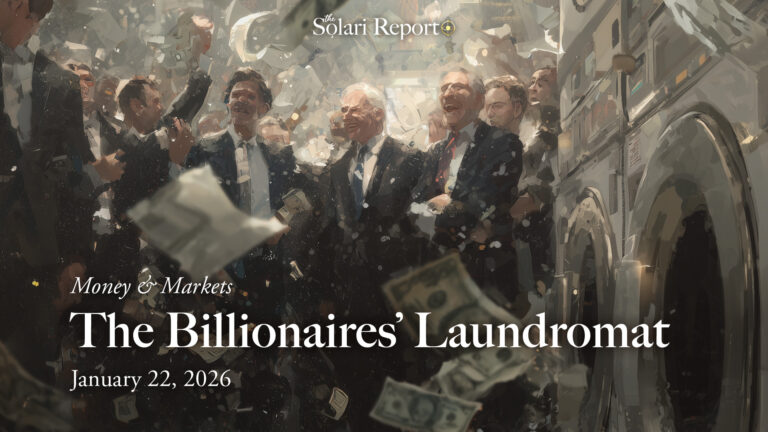


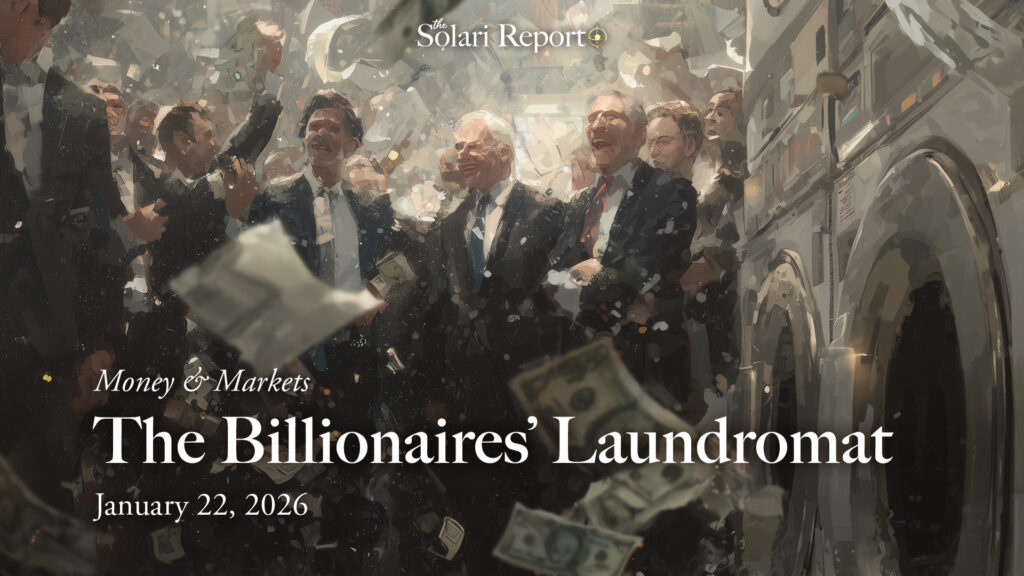

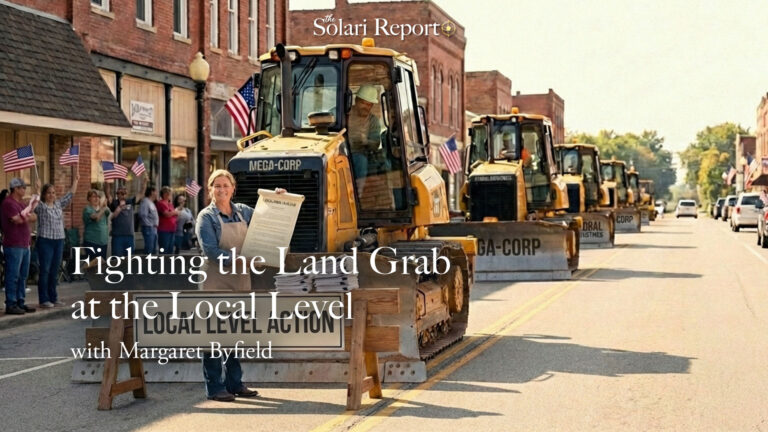
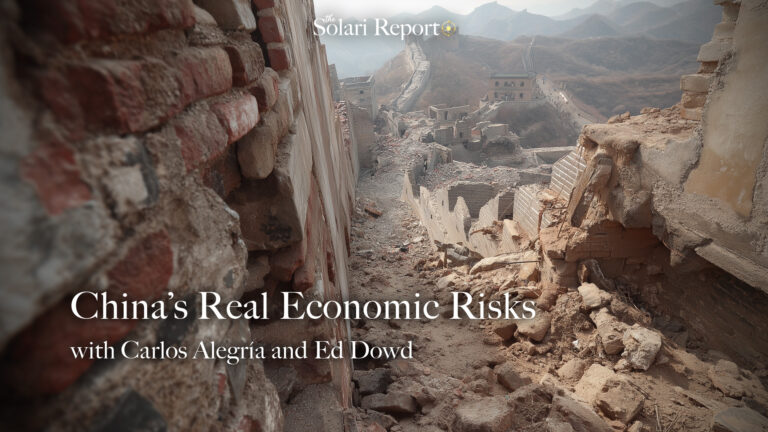

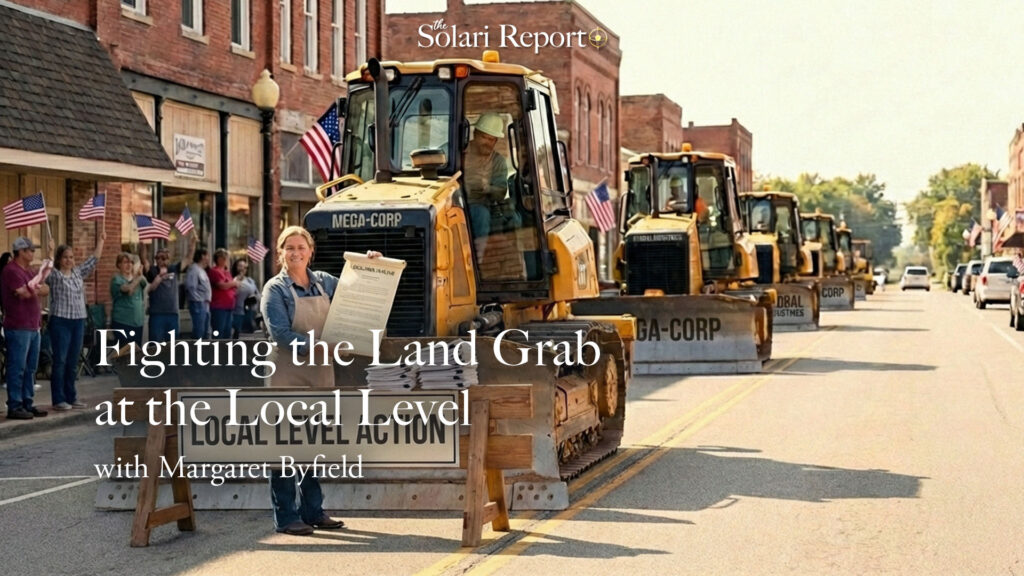
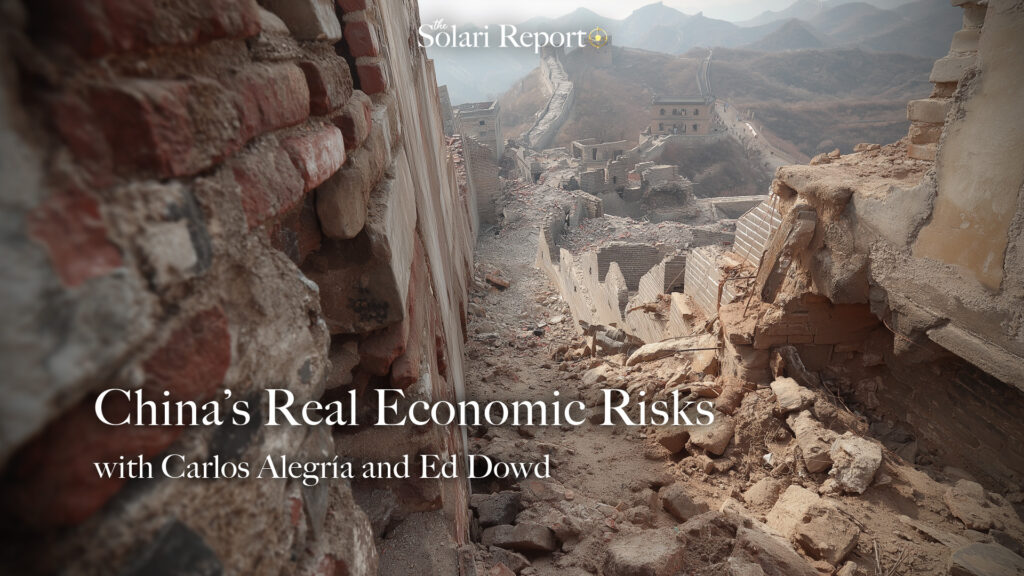


























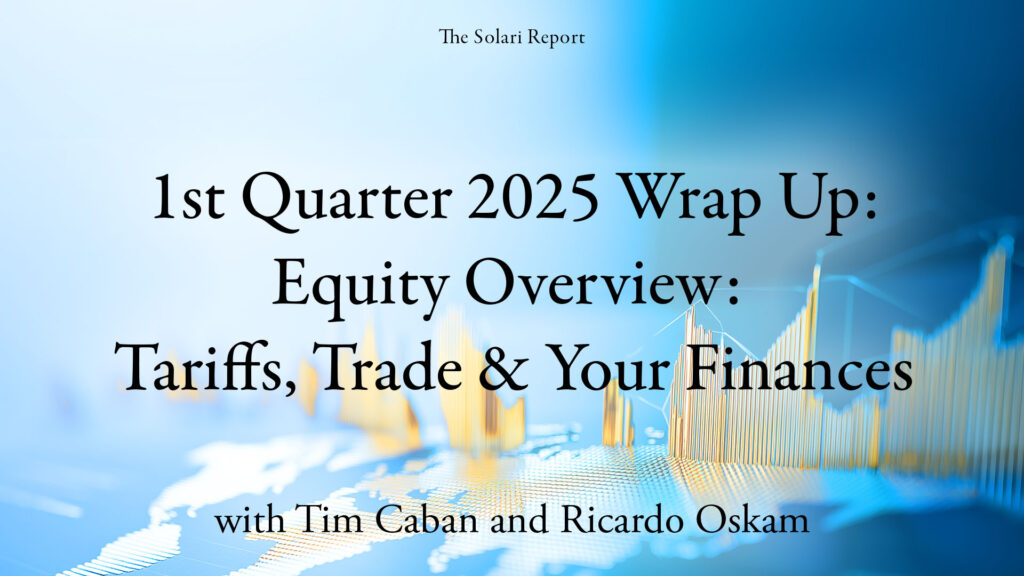
























































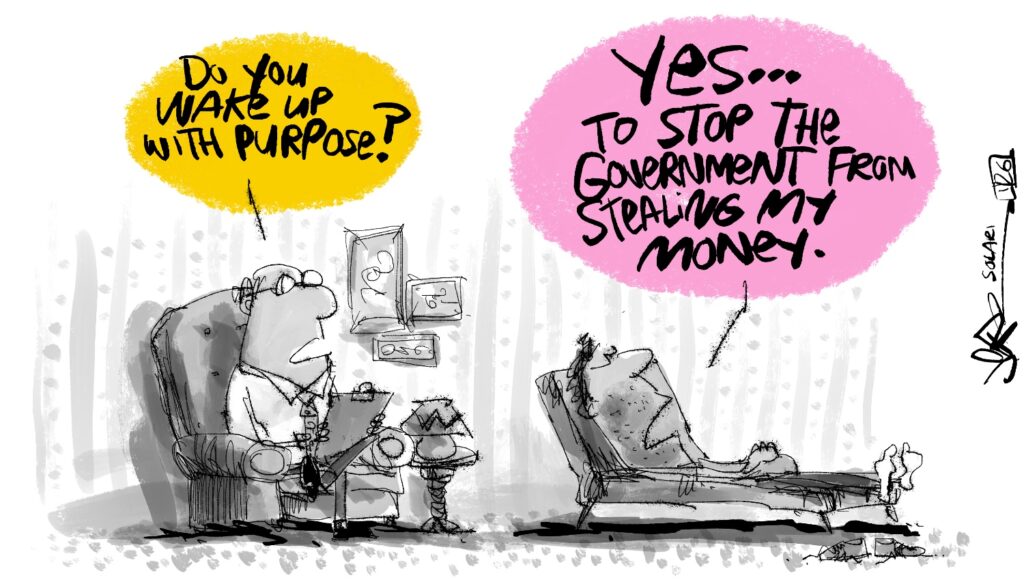



















I started a meetup to save the NJ pension fund.
If you have any NJ members please feel free to
let them know about it as I really need advertisement.
http://www.meetup.com/The-Save-Our-New-Jersey-Pension-Meetup-Group/?a=mu_radha7uggo
Thanks,
James
It’s a one way street all right
Some investors in 401(k) retirement funds who are moving to grab their money are finding they can’t.
Even with recent gains in stocks such as Monday’s, the months of market turmoil have delivered a blow to some 401(k) participants: freezing their investments in certain plans. In some cases, individual investors can’t withdraw money from certain retirement-plan options. In other cases, employers are having trouble getting rid of risky investments in 401(k) plans.
When Ed Dursky was laid off from his job at a manufacturing company in March, he couldn’t withdraw $40,000 from his 401(k) retirement account invested in the Principal U.S. Property Separate Account.
That fund, which invests directly in office buildings and other properties, had stopped allowing most investors to make withdrawals last fall as many of its holdings became hard to sell.
Now Mr. Dursky, of Ottumwa, Iowa, is looking for work and losing patience. All he wants, he said, is his money…
Individual investors mightn’t even be aware of some behind-the-scenes maneuvers causing liquidity problems in their retirement plans. Many funds offered in 401(k) plans lend their portfolio holdings to other investors, receiving in exchange collateral that they invest in normally safe, liquid holdings.
The aim is often to generate a small but relatively reliable return that can help offset fund expenses. But in recent months, many of the collateral investments have gone haywire, prompting money managers to restrict retirement plans’ withdrawals from the lending funds.
Investors in the Principal U.S. Property Separate Account said they understood the risk of losses, but didn’t think their money could be locked up for months or years. Most participants in the 15,000 plans holding the fund haven’t been able to make any withdrawals or transfers since late September.
“To sell property at inappropriately low prices in order to generate cash for a few would hurt the majority of investors and violate our fiduciary obligations,” said Terri Hale, spokeswoman for Principal Financial Group Inc., the parent of the fund’s manager
-How does she know that these properties are priced “inappropriately” low. That’s what pisses me off with these clowns. Have a bubble and suddenly bubble prices are supposed to be the norm. Here in Denver, we have houses all over the place that are realistically $100,000-175,000 that are priced anywhere from $300,000-600,000. Knocking $10,000 off the asking price is considered a “bargain”.
http://online.wsj.com/article/SB124148012581385199.html
will someone talk or comment on “mortgage insurance”.all of these “iffy” loans are always set up to make the or force the buyer to add mortgage insurance, so when all these people defaulted those mortgages, insurance policies had to come into play, making these mortgage insrance companys responsable for paying these banks the balance of the defaulted loans.whats the story?